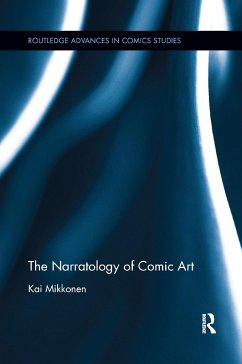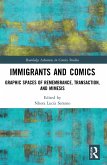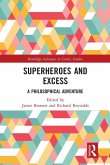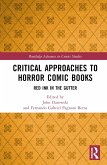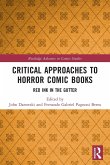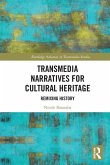By placing comics in a lively dialogue with contemporary narrative theory, The Narratology of Comic Art builds a systematic theory of narrative comics, going beyond the typical focus on the Anglophone tradition. This involves not just the exploration of those properties in comics that can be meaningfully investigated with existing narrative theory, but an interpretive study of the potential in narratological concepts and analytical procedures that has hitherto been overlooked. This research monograph is, then, not an application of narratology in the medium and art of comics, but a revision of narratological concepts and approaches through the study of narrative comics. Thus, while narratology is brought to bear on comics, equally comics are brought to bear on narratology.
"The work embodies the inventive results possible when an adroit theorist explores a burgeoning field. I risk a cliché, although that makes it no less true, in saying: there is much to learn here. I speak especially for those who study comics but suspect the same is true for narratologists more broadly." - Jacob Murel, University of Memphis, Studies in Comics
"The work embodies the inventive results possible when an adroit theorist explores a burgeoning field. I risk a cliché, although that makes it no less true, in saying: there is much to learn here. I speak especially for those who study comics but suspect the same is true for narratologists more broadly." - Jacob Murel, University of Memphis, Studies in Comics

